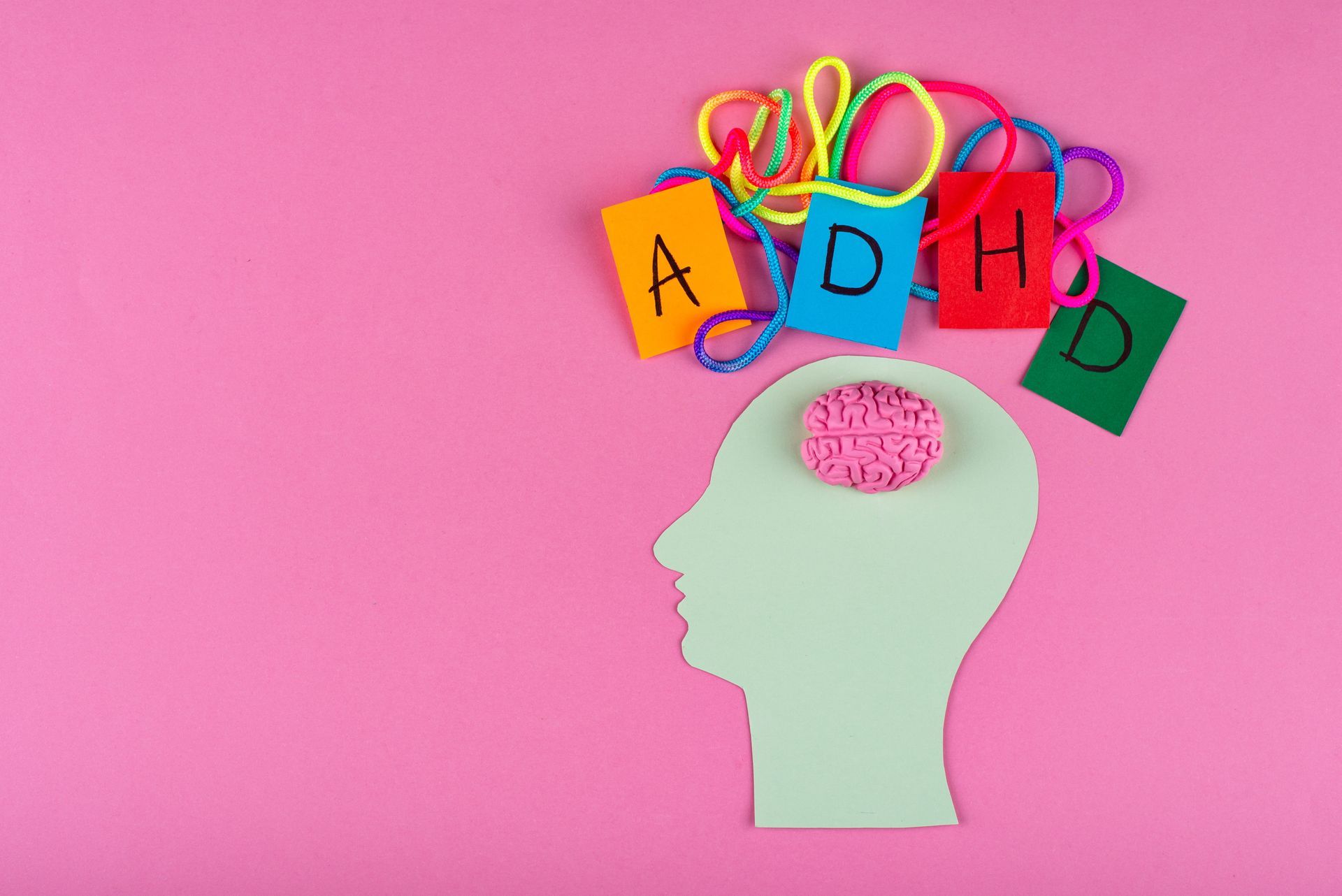Concussions: More Than Just a Bump on the Head
By Dr. Jessica Gashin • November 18, 2025
Share this:

A concussion may just look like a bump on the head, but it is in fact much more complex than that internally.
Overview
Concussions are a type of traumatic brain injury that affect function. Often, they are caused by an impact to the head, such as during sports injuries, falls, and motor vehicle accidents.
Concussions can cause confusion, headaches, dizziness, nausea, difficulty concentrating, and changes in sleep patterns.
How can we prevent concussions?
There are many things that we can do to prevent concussions. Previous studies have demonstrated, for example, that helmets reduce the risk of head injury by 85%, brain injury by 88%, and severe traumatic brain injury by 75%! Wearing helmets while riding a bike and engaging in high-impact sports can make a HUGE difference in preventing concussions. Also, wearing a seatbelt can prevent traumatic brain injuries induced by cars and is critical!
Taking breaks as needed is also super important, as it can avoid the fatigue that would increase the likelihood of not picking up fully on cues in our surroundings.
Knowing the risk factors, signs, and symptoms can also make a huge difference in preventing concussions and being able to identify them when they come up. Identification is a critical first step in the recovery process. Staying educated always helps :)
And how common are they?
The Centers for Disease Control and Prevention (CDC) found that there were nearly 3 million traumatic brain injury-related visits to emergency rooms in 2014 alone. Yearly, there are typically almost a million children treated for traumatic brain injuries, and rates tend to be the highest in individuals under 4 years of age, 15-24, and over the age of 75.
Why is this important?
Preventing concussions is essential for our brain health, quality of life, safety, and well-being. Concussions have long-term impacts on brain function. Concussions can also lead to symptoms that, in the short term, reduce the quality of life and significantly impact our ability to carry out our routine functions. Furthermore, with concussions, there is a risk of repeat concussions, which can lead to a loss of ability to participate in enjoyable activities and hobbies. Concussions can also impact work or school performance and damage emotional well-being.
In conclusion…
Concussions, while not always, are often preventable, making our role in our brain health significant.
Sources
https://www.mayoclinic.org/diseases-conditions/concussion/symptoms-causes/syc-20355594
https://www.aans.org/patients/conditions-treatments/concussion/
Recent Posts:






Latest Posts










